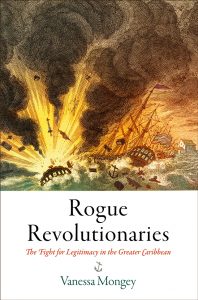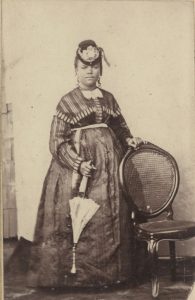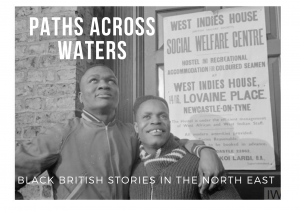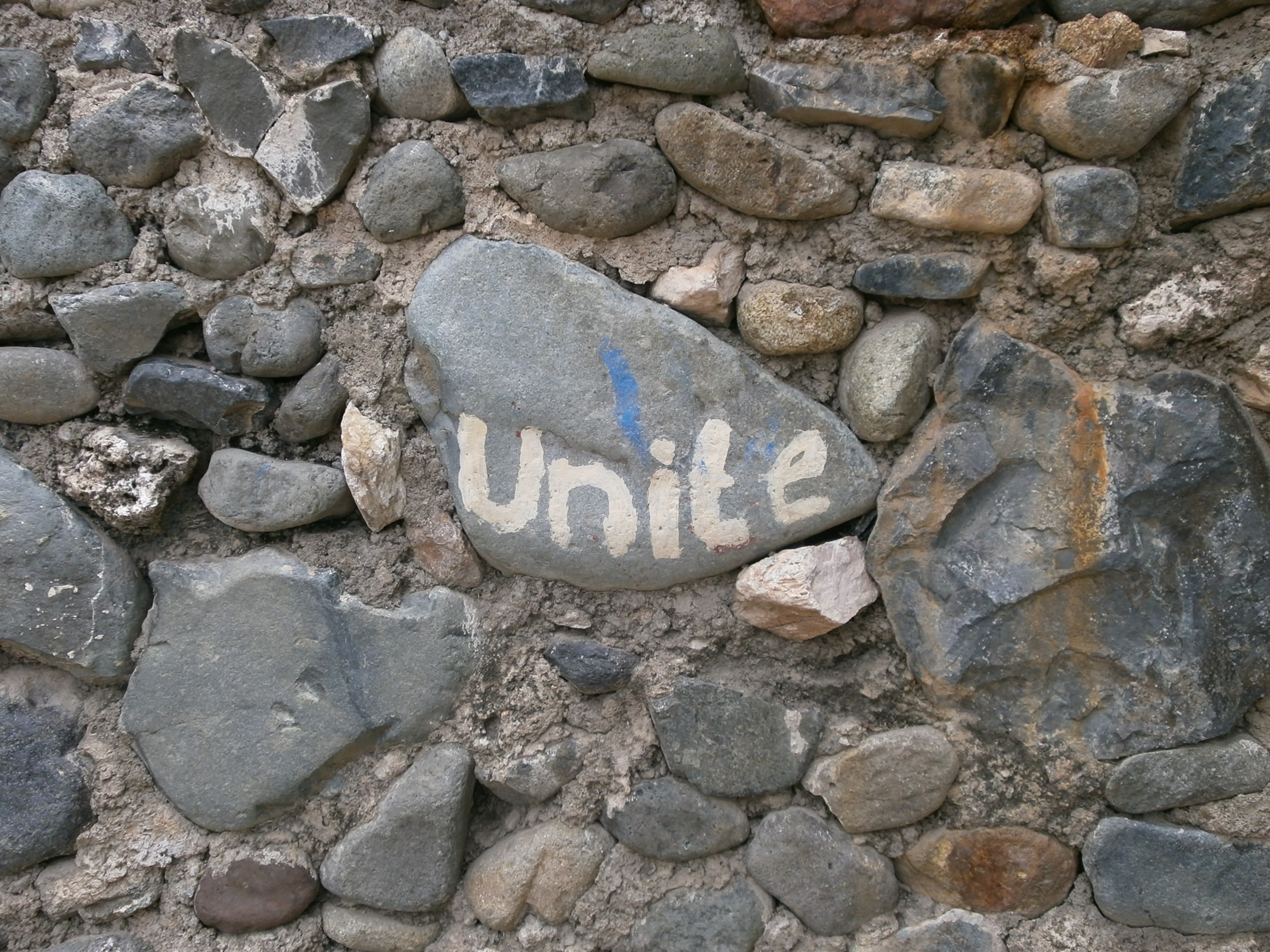Resources on Atlantic World history
Page Contents
Companion to the book Rogue Revolutionaries
 My book Rogue Revolutionaries: The Fight for Legitimacy in the Greater Caribbean (University of Pennsylvania Press, 2020) revives a lost and fleeting world of cosmopolitan radicalism through the interconnected stories of men who launched revolutions and their own independent countries.
My book Rogue Revolutionaries: The Fight for Legitimacy in the Greater Caribbean (University of Pennsylvania Press, 2020) revives a lost and fleeting world of cosmopolitan radicalism through the interconnected stories of men who launched revolutions and their own independent countries.
Rogue Revolutionaries won the Gilbert Chinard Book Prize from the Society for French Historical Studies.
Introduction and Table of Contents here
You can listen to my interviews about Rogue Revolutionaries for the New Books Network and for Sea Control in an episode on maritime insecurity.
I have curated this guide to some of the archives referenced in the book: they are a great start for anyone wishing to do research on Atlantic world history.
The online companion to the book includes maps, original source material, and a cast of characters. Another resource on Atlantic world history is this collection of the original sources used in the book.
Haitian Odysseys

If you’re interested in Haiti, the African Diaspora, French history, migration, gender and family history, have a look at this Story MapJS. It follows the Granville family on their journeys across the Atlantic Ocean in the nineteenth century. This map highlights how free people of African descent navigated travel and racial boundaries and challenged white supremacy.
Paths Across Waters: Black British History in the North East
Another resource on Atlantic World history is Paths Across Waters. The site contains original essays on West Indian and African people in northern England and documents the multicultural past of places such as Newcastle, North Shields, and Sunderland.

Review of the Haitian Society of History, Geography and Geology
I’m a writer and editor for the online resource around the Revue de la Société Haïtienne d’Histoire, de Géographie et de Géologie. It is a great resource on Atlantic World history. This index aims to maximize the impact of Francophone research on Haiti in the English-speaking world.
Publications
-
“Celebrating African culture in the North East of England, 1930s-1940s,”Anti-Racism in Modern Britain: Histories and Trajectories, eds. East, Redhead and Williams, Manchester University Press, 2024: 103-123. This article traces a campaign against stereotypes and discrimination by organizing cultural events about Africa throughout northern England. Unlike other pan-African movements, this campaign brought together Africans and West Indians of both middle-class and working-class backgrounds.
- “Protecting foreigners: the refugee crisis on the Belize – Yucatán border, 1847–1871,” Law and History Review 39, no.1 (2021): 69 – 95. This article considers the role of migration in forming political, legal, and spatial geographies in Belize (then British Honduras), a region with weak state institutions and disputed borders. This article was the runner-up for the 2022 Elizabeth Eisenstein Essay Prize.
- Rogue Revolutionaries: The Fight for Legitimacy in the Greater Caribbean (University of Pennsylvania Press, 2020) revives a lost and fleeting world of cosmopolitan radicalism through the interconnected stories of men who launched revolutions and created their own countries.
- “Going home: the back-to-Haiti movement in the early nineteenth century.” Atlantic Studies 16, no 2 (2019): 184-202. Focusing on one family who migrated from France to Haiti and recruited migrants from the United States, this essay provides insights into patterns of mobility for people of the African Diaspora. Women, in particular, played a key role in these global movements.
- “A la croisée des révolutions et des lois: exilés napoléoniens aux Etats-Unis” [Between revolutions and laws: Napoleonic exiles in the United States] in Les Français et les États-Unis, 1789-1815, ed. Tangi Villerbu, Presses Universitaires de Rennes, 2017: 55-67. This article examines the impact of former Napoleonic officers on the Early Republic of the United States.
- “Des Français indignes de ce nom: rester français en Louisiane” [To be unworthy of the French name: staying French in Louisiana] in Français? La nation en débat entre colonies et métropole, XVIe-XIXe siècle,ed. Cécile Vidal. Paris: EHESS, 2014: 187-208. This article demonstrates the fluidity of citizenship and nationality in the decades following the Louisiana Purchase in 1803 and how people turned this fluidity to their advantage.
- “The pen and the sword: print in the revolutionary Caribbean” in L’Atlantique révolutionnaire. Une perspective ibéro-américaine, eds. G. Entin, A.E. Gómez, F. Morelli, C. Thibaud. Paris: Perséides, 2013: 26-40
- “A Tale of Two Brothers: Haiti’s Other Revolutions” The Americas 69, no. 1 (2012): 37-60. Following two brothers, Joseph and Sévère Courtois, who fought in Europe and Spanish America, this article shows that Haitians played an important role in the revolutionary Atlantic.
- “Les vagabonds de la république: les révolutionnaires européens aux Amériques” [The vagabonds of the republic: European revolutionaries in the Americas] in Les empires atlantiques des Lumières au libéralisme (1763-1865), eds. C. Thibaud, F. Morelli, and G. Verdo. Presses Universitaires de Rennes, 2009: 67-82
Copies of my articles are available upon request.
